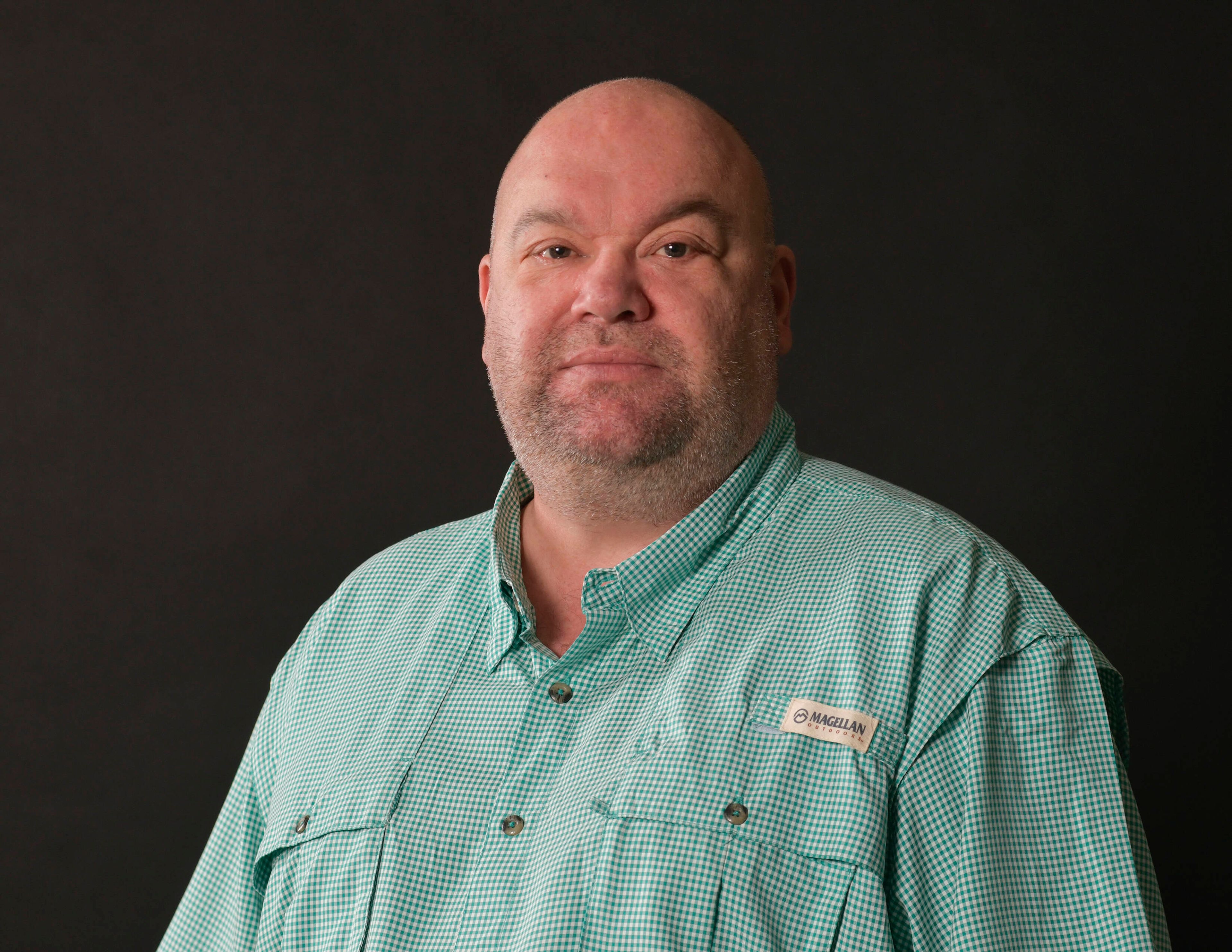Salute to Veterans: Nation benefits from veterans' continued service
John Dragoni served in the U.S. Army Air Corps during World War II. His military career took him to China, India, Burma and Guam. His experiences as a gunner were "very, very harrowing." Then, like the veterans of that war and others lucky enough to come home, Dragoni found other callings...
John Dragoni served in the U.S. Army Air Corps during World War II.
His military career took him to China, India, Burma and Guam. His experiences as a gunner were "very, very harrowing."
Then, like the veterans of that war and others lucky enough to come home, Dragoni found other callings.
He worked in the automotive equipment business, traveling around the country and world for more than three decades.
But it was his service to fellow veterans that became his new mission.
"When I came to Cape Girardeau, I would go to the American Legion meetings, and all I heard was complaints about the old building on Broadway," he said.
The building, Dragoni said, was indeed in disrepair and not suitable — the stairs were too steep, windows had been broken, the kitchen ceiling was caving in.
Dragoni did what many veterans do. He asked how he could serve.
Raising money for a new facility was the answer.
Marshaling resources and not being squeamish about asking for help, Dragoni and others raised $150,000 for a new building.
Then, it was time to find a new project — a new VFW facility.
"People laughed at me, but I was determined to do it," he said.
And he did. His efforts helped improve the lives of veterans in this area, and that's a part of his legacy.
He is not alone.
Military personnel often find themselves in a position to serve above and beyond the call. They seldom let such opportunities pass by. Because of their wide array of talents, skills and ingrained leadership abilities, they often help in significant ways.
A sergeant in a National Guard unit saw a need within Joint Task Force Guantanamo to streamline a process within the task force's public affairs unit. No one asked him to solve the problem; he simply did, by designing a software script to collect information and compile it in a useful form for the leadership.
A major returns from Iraq to resume his teaching career, and now, he mentors at-risk students on weekends and offers them a sense of purpose with lessons learned through his military experiences.
A soldier who struggled with post-combat mental health issues serves as a veterans advocate in the judicial system, helping his comrades piece their life back together, one day at a time.
Our communities are full of veterans continuing their service in one way or another. They fill the ranks of police and fire departments across the country. They teach. They use their abilities to help others as they continue to offer selfless service.
A common thread bounding together these instances of service above self stems from veterans' experience being part of a team, sometimes termed a "band of brothers" (and sisters). This shared experience compels veterans to lift up and encourage.
Our nation is fortunate men and women have stepped forward to serve in our armed forces. We are even more fortunate veterans continue to serve long after they take off their military uniform.
Connect with the Southeast Missourian Newsroom:
For corrections to this story or other insights for the editor, click here. To submit a letter to the editor, click here. To learn about the Southeast Missourian’s AI Policy, click here.










